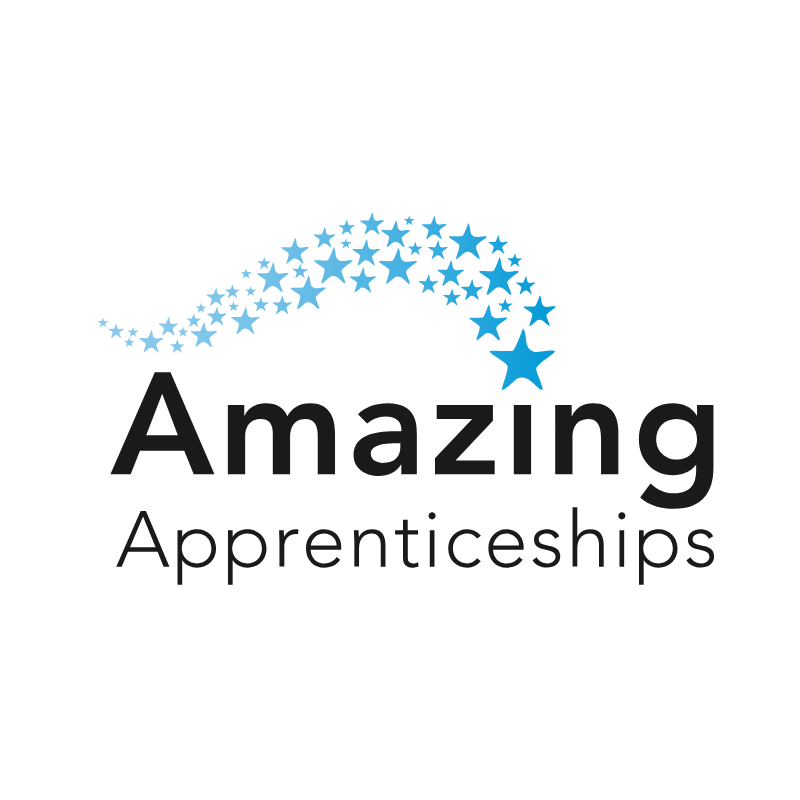

Careers & Future Destinations
Careers Education
In employability (including Careers education) at Daventry Hill School we recognise that we play a short but fundamental part in the lives of every student that attends.
The world after school can be unbelievably difficult for our young people; no area more so than the ability to gain meaningful employment that will enrich their lives and sustain health, wellbeing and self-esteem.
Current statistics show that less than 5% of adults with learning difficulties are in paid employment, whereas 70% would like to secure a job.
This indicates two factors:
- Schools do not adequately prepare students with learning and cognition difficulties to gain and sustain employment.
- Employers do not fully understand the benefits of employing adults with learning needs and are not prepared/disability confident enough to do so.

Careers Leader – Louise Worts
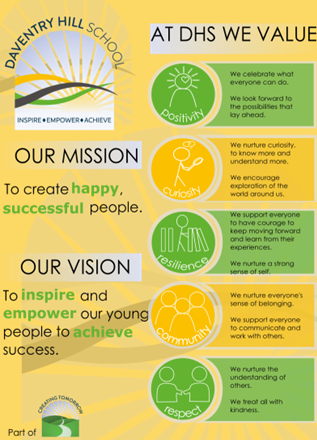
Careers Vision
To help shape every young person’s tomorrow—starting today.
Daventry Hill School is part of the Creating Tomorrow Education family, where we are committed to ensuring all our students receive high-quality careers education and preparation for adulthood. This includes:
- Access to meaningful employer encounters
- Impartial and personalised careers advice
- Opportunities to explore a variety of post-16 pathways
Our shared vision is for every learner to become a confident, capable, and aspirational member of their community. We aim to empower all learners to be Successful Learners, Confident Individuals, and Responsible Citizens through a dynamic, supportive learning environment. Our goal is to deliver excellent careers education and real-world preparation through collaboration, mutual support, and challenge.
Our Careers Education, Information, Advice and Guidance (CEIAG) programme is aligned to the Gatsby Benchmarks, which are outlined in the Department for Education’s Careers Strategy and statutory guidance. We also ensure compliance with Section 42A of the Education Act 1997, which requires independent careers guidance for pupils in Years 7–13.
Our approach is shaped by each young person’s Education, Health and Care Plan (EHCP), ensuring their career journey is tailored to their unique needs, strengths, and aspirations.
Why Careers Education Matters
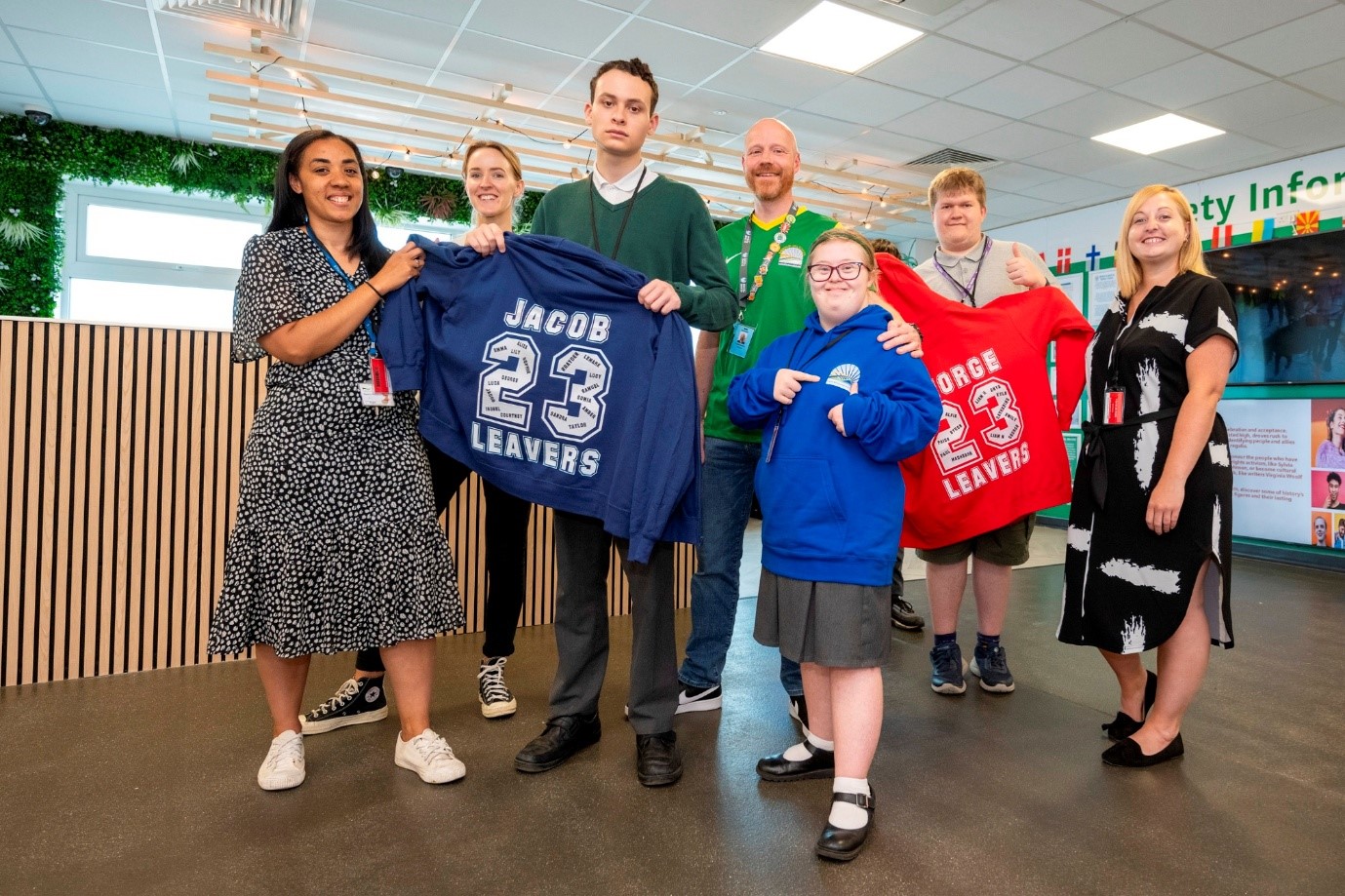
Career education is essential in helping young people understand the world of work and what it takes to succeed. It:
- Prepares students for employment and adult life
- Builds knowledge of different job roles and career pathways
- Encourages the development of core skills such as communication, decision-making, and resilience
- Supports learners to make informed choices that lead to positive outcomes
Employability Curriculum
Our Employability offer starts at the Early Years Foundations Stage and is a continuous thread of a student’s journey throughout the school. This is supported by a focus on the development of transferable skills (see Skill Development section in curriculum statement for further details), which are not only essential to functioning effectively as an adult but are fundamental to being successful in employment.
We recognise that it is not good enough to only deliver a curriculum for Employability as this has very little impact on our students. Students learn best when learning is supported by a breadth of experience, so we ensure that our students can apply their learning for extended periods throughout their journey. Therefore, our Employability model comprises two elements.
We recognise that our students will benefit from a range of different practical application opportunities based on their employability development stage, age and identified outcomes.
This is why we offer six different levels of experience and students will access the one that is most appropriate for them.
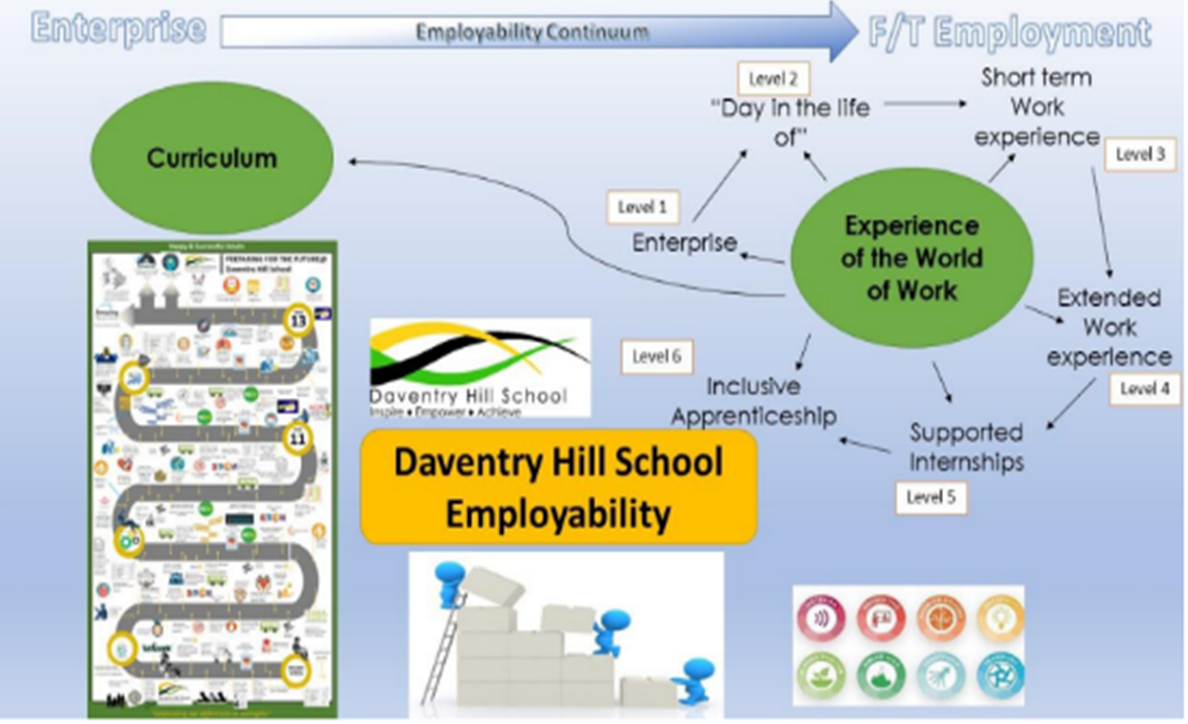
Level 1 - Enterprise
Every student in the school will experience enterprise which introduces them to the basic concept of manufacturing or service, providing them with the opportunity to understand the principles of cost, profit and reinvestment. Every class in our secondary school operates an enterprise business and benefits from weekly dedicated time awarded to the operation of their chosen business.
Level 2 - ‘A Day in the Life of...’
This stage provides the opportunity for students that are not ready to access work experience the ability to observe and ‘feel’ what it is like to work in a chosen sector. The benefits of these experiences enable the student to prepare themselves for level 3.
Level 3 - Short Term Work Experience.
This level enables the student to access a ‘traditional’ block of work experience, putting learning into practice. We recognise the value of this experience, but also understand that, in isolation, it offers very little value to the student without the wider approach we adopt.
Level 4 - Extended Work Experience
Students accessing our Foundations for the Future curriculum (Post-16) will benefit from accessing extended work experience dependent on their personalised, identified outcome for employment. This may take the form of practical work experience for up to 3 days a week, therefore providing extended opportunities to develop skills for the workplace to gain and sustain meaningful employment in adult life.
Level 5 - Supported Internships
Daventry Hill-Supported Internships offer the intern the opportunity to continue with their education in year 13 (or year 14 with the agreement of the local authority) while attending a yearlong work placement. During the internship, the intern will no longer attend school; they will work in an identified business supported by a Job Coach employed by the school. The education programme will be delivered on-site to the intern by the job coach. These are appropriate for those that will be ready to gain meaningful employment following the programme. They are not a route into further education.
Level 6 - Inclusive Apprenticeships
An inclusive apprenticeship is very similar to a standard apprenticeship. However, since the Maynard Review, the Institute for Apprenticeships (IfA) guidance now requires end-point assessments to be subject to reasonable adjustments. The Department for Education announced changes to Maths and English requirements for apprentices who have special educational needs, learning difficulties or disabilities. Specific criteria have to be met and evidenced and these are detailed in the Specification of Apprenticeship Standards for England. For these apprentices, exemptions are in place for the regular English and Maths minimum requirements. This exemption allows the apprentice to use an Entry Level 3 qualification in English or Maths as an acceptable alternative.
We believe that all of our students have an entitlement to the skills development and work-related learning curriculum. This develops progressively throughout their time at school, and starts at the beginning of their journey. It encourages students to identify, develop and use their abilities. The careers programme has been carefully designed and is regularly updated to support the needs of our students. The programme is appropriate for all and not only focusses on the development of core competency skills but independence and social skills also. We support the National careers strategy to actively prepare our young people in the best way possible.
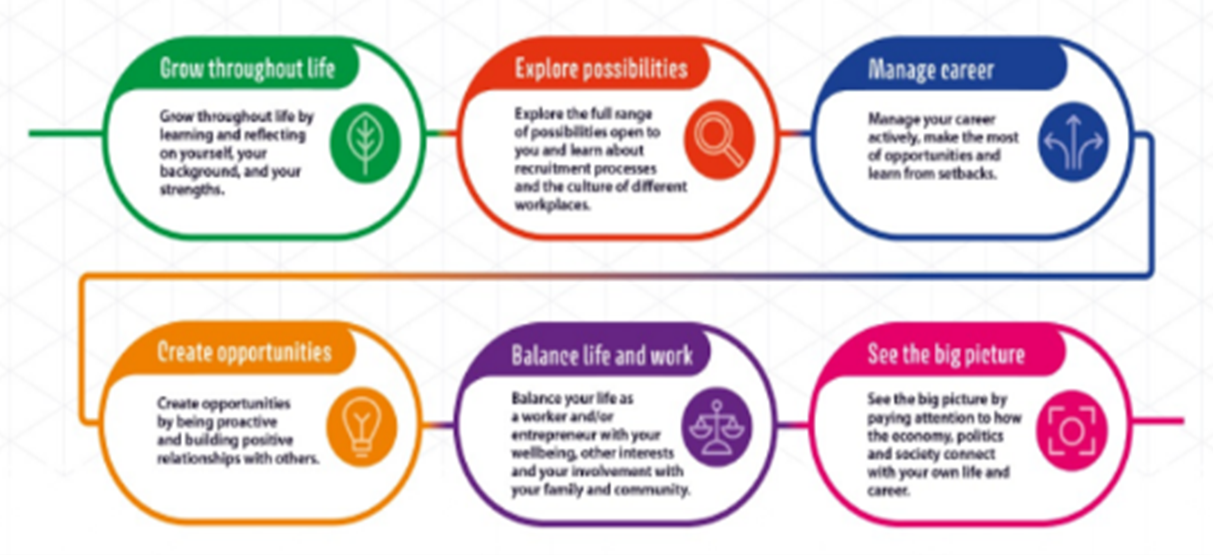
Careers Opportunities
All pupils have access to a comprehensive careers programme, which is tailored and available to those where it is accessible and meaningful. The programme consists of:
Activities
|
Primary
|
Yr
|
Yr
|
Yr
|
Yr
|
Yr
|
Yr
|
Yr
|
||||
|---|---|---|---|---|---|---|---|---|---|---|---|---|
|
Enterprise (business/social action project) |
||||||||||||
|
Career guidance – group and/or 1:1 input/ Vocational profiling |
||||||||||||
|
Apprenticeship Awareness including inclusive apprenticeships/ supported internships and traineeships |
||||||||||||
|
University/technical college event (if applicable, based on our learner’s qualification predictions. |
||||||||||||
|
Community Independence |
||||||||||||
|
Further education provider visits and workshops |
||||||||||||
|
External work experience |
||||||||||||
|
Internal work experience |
||||||||||||
|
Virtual work experience |
||||||||||||
|
Virtual Employer engagement |
||||||||||||
|
Industry workplace visits |
||||||||||||
|
Travel Training |
||||||||||||
|
Volunteering |
||||||||||||
|
Neurodiversity Week |
||||||||||||
|
National Careers Week |
||||||||||||
|
STEM challenge |
||||||||||||
|
Annual review |
||||||||||||
|
Transition Support |
||||||||||||
|
World of Work experiential sessions |
||||||||||||
Our Careers Education Partners
Delivering meaningful careers education takes strong partnerships. We’re proud to work alongside a range of dedicated organisations to bring careers learning to life for our pupils. Together, we help every young person take confident steps toward their future.

Employer Partners
We collaborate with a growing network of local and national employers who offer inspiring opportunities for our students. From workplace visits and talks to supported internships and work experience placements, these employers help our learners build skills, confidence, and a clearer understanding of the world of work.
South Midlands Careers Hub
As active members of the South Midlands Careers Hub, we benefit from expert guidance, resources, and training to ensure we meet the Gatsby Benchmarks for careers education. The hub connects schools, employers, and stakeholders to improve outcomes and create consistent, high-quality experiences for every learner.
Education Partners
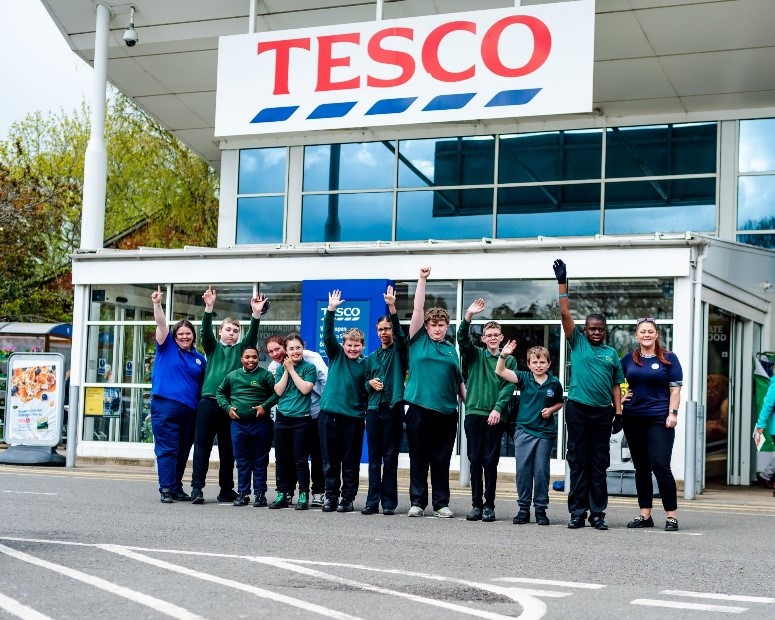
We work closely with our wider Creating Tomorrow Education Partner schools and colleges, sharing best practice and aligning our vision for careers education. This collaborative approach strengthens our curriculum and helps us prepare learners for further education, training, or employment—whatever their chosen path.
Creating Tomorrow Central Team
Our careers strategy is shaped and supported by the Creating Tomorrow central team, who offer specialist knowledge in SEND and post-16 pathways. They provide leadership, training, and tools that enable staff across the trust to deliver inclusive, impactful careers education tailored to each learner’s needs.
For further support regarding Careers Education at Creating Tomorrow, please contact Stacey Morris (community and employer engagement business partner).
Futures Hub
Created by Creating Tomorrow, the Futures Hub is here to support everyone in our community—learners, staff, families, and employers.
The Hub offers:
- Up-to-date Labour Market Information (LMI) to help inform future choices
- Signposting to helpful support services and resources
- Guidance for navigating career pathways, further education, and employment opportunities
Whether you're a young person planning your next steps, a family member looking for advice, an educator seeking tools, or an employer wanting to engage with schools, we're here to help connect education with the world of work.
Helpful Links
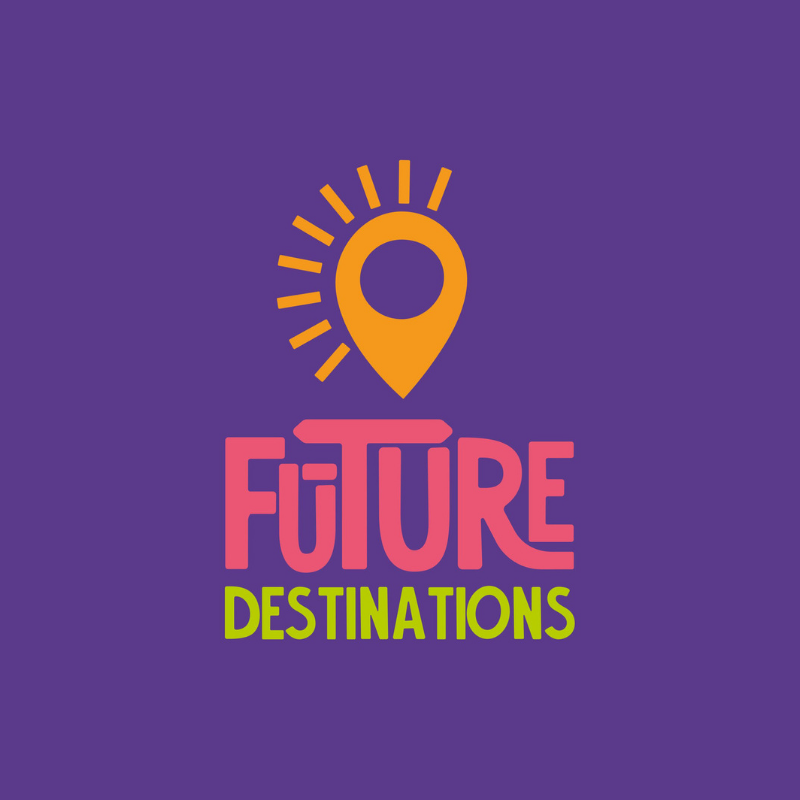
Future Destinations:
A digital platform designed to help young people with disabilities explore their options after leaving school.
They offer clear, accessible information and signposting to education, training, and employment opportunities beyond age 16.
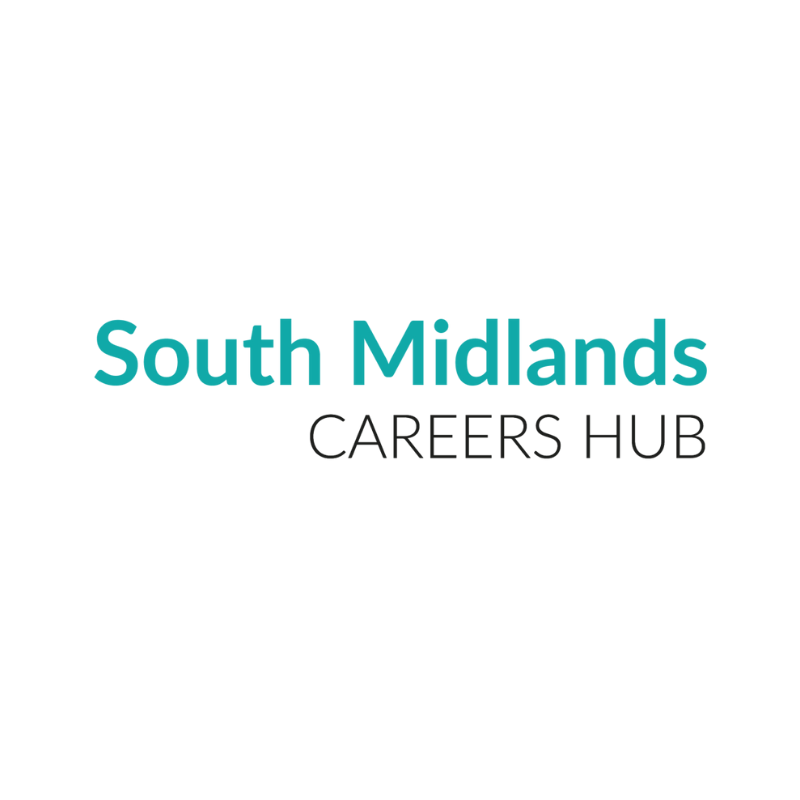
South Midlands Careers Hub:
Explore local job sectors through engaging broadcasts and insights from employers. Gain access to reliable and current labour market information (LMI) to support informed choices about training and careers.
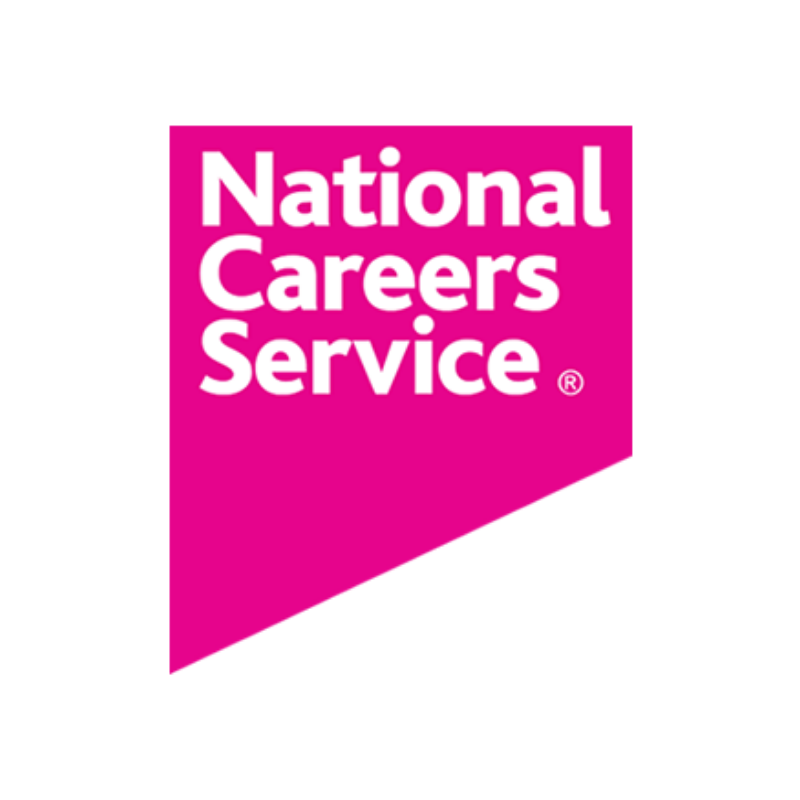
National Careers Servive:
Discover what different jobs involve, what skills they require, and whether they might suit you.

icould:
Watch real stories and videos to get inspired about different career paths.
Learn from others’ journeys and access guides on making career decisions.
